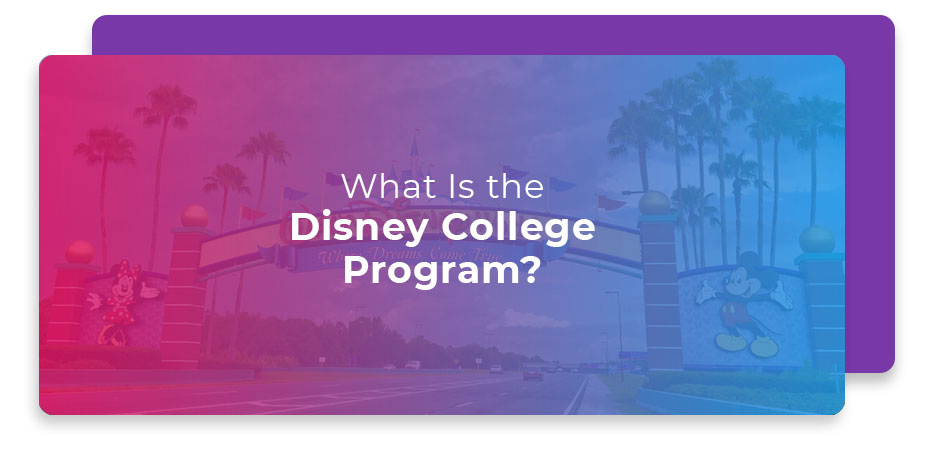The main difference between internships and externships lies in duration and focus. Internships are typically longer, offering extensive hands-on experience in a professional environment, often as part of academic programs. Externships are shorter, observational opportunities aimed at providing a brief insight into a career or industry.
Externships and internships are two amazing ways to get real-life, on-the-job experience and jazz up your resumé or make your online portfolio pop. And though the two opportunities are very similar, they’re not the same thing. But don’t fret, opportunity-seekers! Tallo is here to clue you into all the details so you know which options to pursue based on your career goals. We’re here to help you decide which is best for you and how to find an internship or externship that matches up with your professional vision.
What Is an Externship?
First up: Externships. WTF are they, exactly? Externships are temporary job training programs and learning opportunities that usually last anywhere from a single day to six weeks. They allow curious students and trainees to get a glimpse into the real-life workplace, often through shadowing an employee, observing a job site, or volunteering temporarily.
Generally, externships are unpaid and don’t earn you any college credit, though they may be a requirement of your program. Most students complete externships on school breaks, such as during the summer, winter break, or spring break. Think of externships like snippets or “day-in-the-life” experiences that help you gain first-hand insight into your chosen career.
The Benefits of Externships

Externships sound pretty cool, right? Who wouldn’t want to shadow a busy emergency room doctor or spend the day in a bustling newsroom? By getting you out of the classroom and into an actual working environment, you’ll be able to better envision yourself in that career while also picking up essential snippets of career-focused knowledge. Here are some more great benefits of externing:
- They’re short-term, which means they’re not a huge commitment, and you can complete a number of them throughout your education.
- They’re flexible and require minimal time or financial investment, so you can still focus on your schoolwork and other commitments.
- They give you access to professionals who already work in the field, which means you can ask questions and get real answers.
- They help you network with people in your chosen career field, which can lead to jobs, internships, and other opportunities down the road.
- They teach professionalism and show you the non-curriculum side of things, providing experience with meetings, communication, and daily challenges.
- They help you rule out jobs because figuring out what you don’t want to do is just as important as figuring out what you do want to do.
What Is an Internship?
As the more common temporary on-the-job opportunity for students and trainees, internships are excellent for those who want a more in-depth, first-hand look at a certain sector. They, like externships, throw professionals-to-be into real work environments, helping them get a glimpse into what daily life is like in any given field. Unlike externships, you’ll often find that internships for college students pay a small stipend or hourly wage. Typically, internship programs last for several months, with many students completing them during the semester and summer.
Internships offer a unique blend of learning and practical job training, allowing college students to actively participate in projects, attend staff meetings, and engage with industry professionals. This hands-on experience is invaluable for those looking to gain specific skills and make professional connections that can be pivotal for future employment opportunities. Additionally, internships often provide academic credits, helping students fulfill their college credit requirements while gaining real-world experience.
Participating in an internship can be a transformative experience, offering a deeper understanding of a particular career field. Students can explore different career paths, understand the organization’s goals, and align their career objectives accordingly. By actively engaging in the day-to-day operations, interns can gain insights into their potential career path and make informed career decisions.
The structured nature of internships also allows students to receive feedback and mentorship from seasoned professionals, enhancing their professional development. This exposure to the industry’s inner workings helps students build a strong foundation for their college career and beyond, setting them up for success in their chosen field.
The Benefits of Internships

Studies have shown that students who complete internships are more likely to secure full-time employment when they graduate, and it’s not hard to see why! These students have an edge up against the competition because they’re entering the job market with significant on-the-job experience. Some other benefits of internships include:
- They may pay. In fact, about half of all internships pay, and unpaid internships are (thankfully) becoming less and less common.
- They may earn you college credit. Many postsecondary and graduate programs require students to have an internship, so they can help fulfill your requirements.
- They’re more in-depth than externships, which means you’ll learn a lot more and soak up even more benefits, setting you up for a smooth entry into the field.
- They could lead to a job. When you spend several months working at one place, you get the chance to prove your abilities and network with established professionals, which could land you a job down the road.
- They may count towards training hours. Your program may require you to log some clinical or training hours, and your internship may count toward them.
Which One Should You Pursue?
Honestly, both internships and externships can be incredibly valuable for students and entry-level learners. We say go for any opportunity to gain work experience! It’s like a test drive for your future! But, time is a factor. You might consider doing externships early in your education, saving internships for later. That way, you’re not wasting time in a field you don’t love.
Externships are a great way to dip your toe into several career fields without making a long-term commitment. They’re a great way to get a feel for what daily life is like in different industries and roles. Observational experiences can help you figure out what you don’t want to do and narrow down what you’re interested in. This exploration is important and can help you choose a major and career that’s right for you.
Once you have a good idea of what career you’re interested in, internships are the way to go. They offer hands-on experience and a chance to make meaningful contributions to a company. You’ll be able to apply what you’ve learned in class to a real-world setting and gain close-to-home experience in your field of study.
Combining internships and externships is the way to go. It’s a great way to maximize your experiential learning opportunities and gain a deeper understanding of your chosen field. You can earn college credit and fulfill degree requirements while gaining valuable experience and making yourself a more attractive candidate to potential employers. Be sure to also read our post on the difference between internships and co-ops.
Popular Questions
Below are common questions we get asked about this topic.
What’s the main difference between internships and externships when it comes to earning college credit?
Internships often allow students to earn college credit for their work, while externships rarely do. Internships usually require completion of certain academic requirements to earn credit, making them a more structured way to gain academic approval.
How do internships and externships help a college student’s career development?
Internships and externships are both great ways to gain job training and hands-on experience. Internships are usually several months long and offer hands-on experience in a field. Externships are often shorter (usually a few weeks) and observational. Both offer a chance to gain experience in a field, but internships provide more hands-on training.
Can I find a job because of my externship?
Yes, you can! An externship is a great way to make connections in an industry and gain experience in a field. While they’re usually shorter than internships, they can lead to job opportunities.
Many companies hire employees as interns and later full-time, so it’s a great way to get your foot in the door.
What skills do students typically gain from internships vs. externships?
Internships usually offer students a chance to gain specific skills in their field by doing daily tasks, contributing to projects and staff meetings, and assisting with daily operations. Externships are more observational and offer a broader look at an industry.
You’ll get a feel for what daily life is like in a certain field, but you won’t gain the same skills as you would in an internship. Both are great ways to gain experience and make connections in a field.
GET STARTED USING TALLO.CTAbtn {text-decoration: none;font-weight: 700;font-size: .8rem; color: #fff !important; text-transform: uppercase;background:#7838a8;padding: 10px 35px;border-radius: 7px;display: table;margin: 0 auto;}.CTAbtn:hover {color:#fff;background:#5c2b82;}







